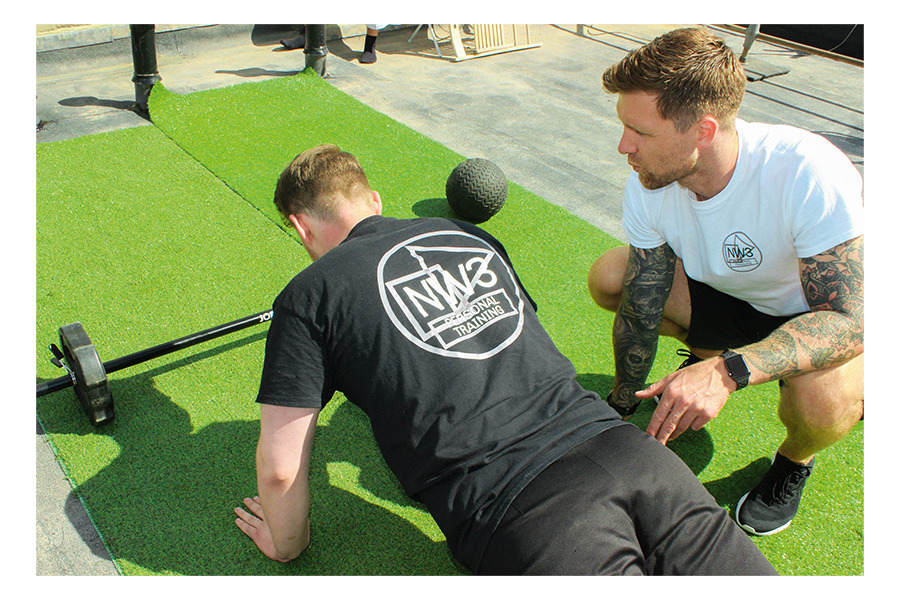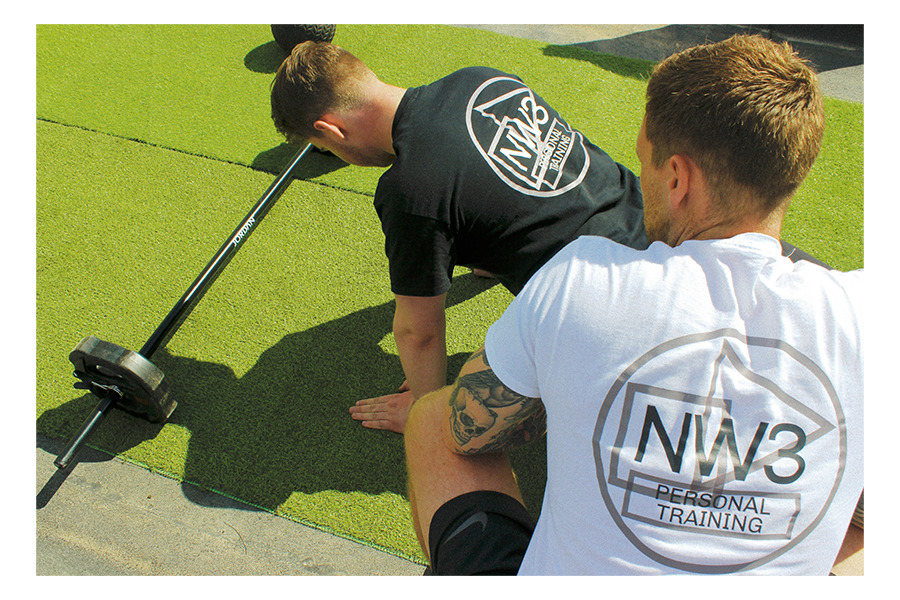Finding balance is crucial in today’s fast-paced world. In all aspects of life, including work, family, exercise, nutrition, rest and play, it is essential to maintaining overall wellbeing and leading a healthy, fulfilling life. Andy Cummings at NW3 Personal Training explains the importance of balance in key areas, and how it contributes to a healthy lifestyle.
Exercise is a fundamental element of a balanced life. Regular physical activity has numerous benefits, including improved cardiovascular health, increased strength and flexibility, and enhanced mental wellbeing. Exercise also helps to reduce stress, boost mood, and improve cognitive function. However, too much or too little exercise can upset the balance. Over-exercising can lead to physical exhaustion, increased risk of injuries, and disrupted sleep patterns. On the other hand, lack of exercise can lead to poor physical health, decreased energy levels, and increased risk of chronic diseases. Striking the right balance by incorporating regular exercise into your routine, whether it’s through cardiovascular activities, strength training, or flexibility exercises, will help you maintain optimal physical and mental health.
Nutrition is another crucial aspect of a balanced life. Eating a well-balanced diet that is rich in essential nutrients, such as proteins, carbohydrates, healthy fats, vitamins, and minerals, is vital for overall health and wellbeing. A balanced diet provides the necessary fuel for the body to function optimally, supports a healthy weight, and reduces the risk of chronic diseases. It is essential to strike a balance between different food groups and to avoid overindulging in unhealthy foods. Moderation is the key to maintaining a balanced approach to nutrition, consuming a variety of foods in appropriate portions to meet your body’s nutritional needs.

Rest and sleep play a vital role in achieving balance in life. Rest and sleep are crucial for physical and mental recovery, allowing the body and mind to recharge and rejuvenate. A lack of adequate rest and sleep can result in fatigue, poor concentration, increased stress, and compromised immune function. It is important to strike a balance between rest and activity, and to ensure you get enough quality sleep each night, typically 7-9 hours for adults, to allow your body and mind to function optimally – improve your sleep and all other aspects of healthy living will become much easier to maintain.
Work is an essential part of life, but it’s crucial to maintain a healthy work-life balance. Excessive work can lead to burnout, increased stress levels, and negatively impact physical and mental health. It’s important to set boundaries, manage workload effectively, and prioritise self-care to maintain a healthy balance between your work and personal life. Taking breaks, practising stress-reducing techniques, and engaging in activities you enjoy outside of work are important in achieving a healthy work-life balance.
Play and leisure are often overlooked, but they are crucial for maintaining balance in life. Engaging in activities you enjoy, such as a hobby or sport, helps to reduce stress, boost mood, and enhance overall wellbeing. Play and leisure activities also provide a break from the routine and allow for relaxation and enjoyment. Pencilling in play and leisure time to your schedule helps to create a balanced lifestyle and promotes overall mental and emotional health. Make sure you are setting time aside for this one.
Spending quality time with family, creating meaningful connections, and nurturing relationships are also important for emotional wellbeing. It is crucial to prioritise and make time for family activities, such as family meals, outings, and bonding time, to maintain a healthy work-family balance. Building a support system with friends and family members can also provide emotional support and reduce stress in periods of intense work.

In conclusion, regular exercise, a well-balanced diet, adequate rest and sleep, healthy work-life balance, and quality time with family and leisure activities is the aim. It’s important to achieve a balance between these areas to maintain optimal physical, mental, and emotional health.
Striving for balance helps prevent burnout, reduces stress, boosts mood, enhances cognitive function, and improves overall quality of life. It allows for a more harmonious and fulfilling existence, where each aspect of life complements and supports the others. Finding balance may require intentional effort and prioritisation, but the benefits are well worth it.
Remember, balance looks different for everyone, and it’s important to find what works best for you and your unique circumstances. It may require making adjustments, setting boundaries, and prioritising self-care. It’s okay to seek support from friends, family, or professionals to help you achieve a healthy balance in your life.
So, take the time to evaluate your life and make necessary adjustments to create a more balanced lifestyle. By achieving balance, you will be on your way to a healthier, happier, and more fulfilling life. Remember, balance is the key to unlocking your full potential and living your best life.
At NW3 Personal Training we take all aspects of a client’s lifestyle into account, we can help with nutrition and lifestyle planning alongside our exercise plans.
To book your free consultation, contact Andy on 07776 156557, or email andy@nw3pt.co.uk (nw3pt.co.uk)